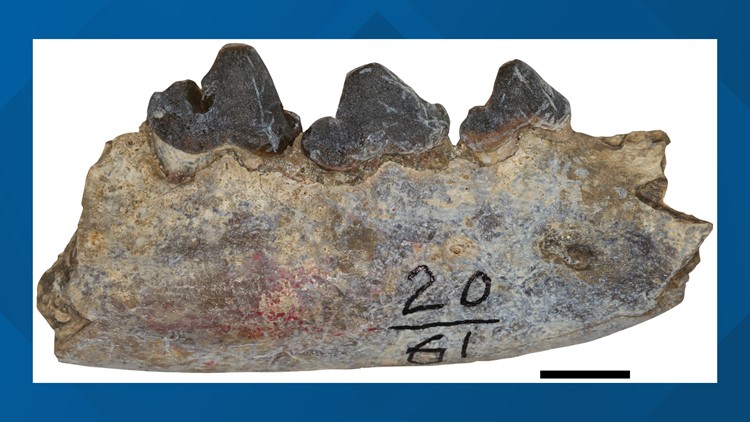HARRISBURG, Pa. — A group of researchers, led by a Harrisburg University professor published a study announcing a new fossil.
The group, led by Harrisburg University of Science and Technology Professor Dr. Steven Jasinski, recently published a study on fossil carnivoran mammals from Pakistan and India.
Dr. Jasinski and researchers from the University of Sialkot, the University of the Punjab and the University of Okara described new fossil specimens of carnivoran mammals that lived in southern Asia from around 1.5 to 2.5 million years ago.
The new specimens add important new information to our knowledge of these carnivorous animals, according to a new study published in the scientific journal Historical Biology.
The Siwaliks, also called the Siwalik Group, is a set of terrain or mountainous region and part of the outer Himalayas. The Siwaliks stretch through Pakistan, India, Nepal and Bhutan.
The fossil animals lived in the shadow of the Himalayan Mountains from around 18 million years ago to about one million years ago.
These fossil deposits are known to have a diverse mammal fauna with many species of artiodactyls (such as bovids, suids, hippopotamuses, and giraffoids), perissodactyls (such as rhinoceroses and horses), proboscideans, rodents, primates, and carnivorans.
This latter group, including carnivorous mammals like hyenas and cats, was the focus of the study by Jasinski and his co-authors.



